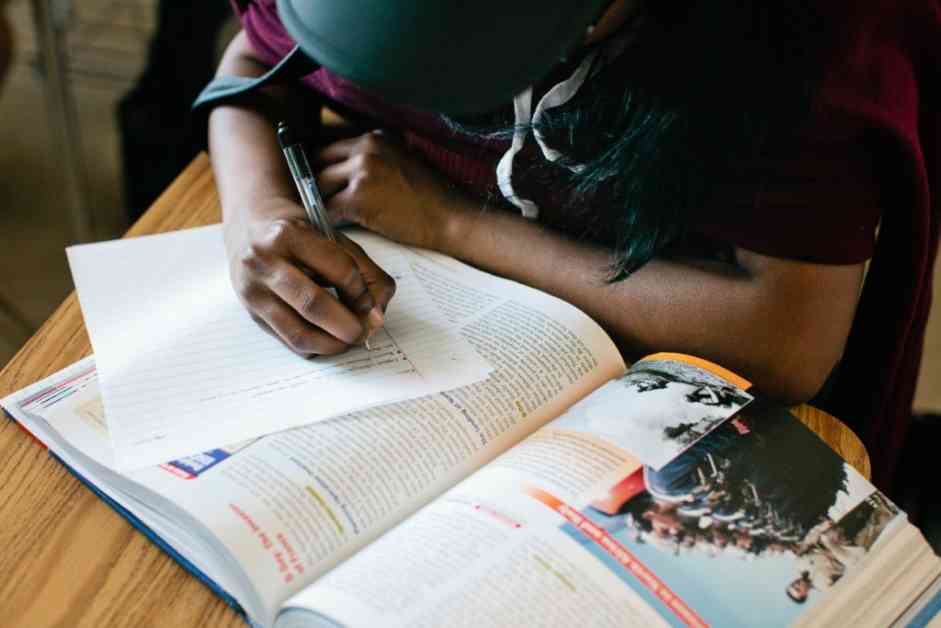Strategies for Supporting Chronically Ill Students
In a world where education and health often seem to be at odds, finding ways to support students who are dealing with serious medical conditions is crucial. Melanie Brady, a lecturer at USC’s Rossier School of Education, sheds light on effective strategies that parents and teachers can implement to ensure the well-being and academic success of chronically ill students in Los Angeles.
Understanding Individual Needs
Brady emphasizes the importance of recognizing the uniqueness of each child and the necessity of tailored approaches when it comes to balancing a student’s health and education during their formative K-12 years. She highlights the fact that there is no one-size-fits-all solution for students with chronic conditions or those undergoing challenging medical treatments.
Exploring Educational Options
For students who are unable to pursue their education on a traditional campus due to health concerns, Brady suggests exploring alternative options. These include liaisons provided by schools or districts, hospital-based educational programs, home school collaborations, and virtual academies like the California Virtual Academies. Each of these options offers a different approach to supporting students in their educational journey while dealing with medical challenges.
Effective Pedagogy for Chronically Ill Students
When it comes to pedagogy, Brady emphasizes the need for flexibility and individualized attention. She stresses the importance of bedside teaching for students who may be confined to a hospital bed, along with engaging conversations to combat feelings of isolation and depression. Understanding the educational needs of students in unique environments is crucial to providing effective support and maintaining their academic progress.
In conclusion, Brady’s insights shed light on the complex interplay between health and education for chronically ill students. By recognizing the individuality of each student, exploring diverse educational options, and implementing flexible pedagogical approaches, parents and teachers can make a significant impact on the lives of these students. It is essential to say “yes” to support and empower these students who have heard “no” far too often, providing them with the encouragement and resources they need to thrive academically and emotionally.




















